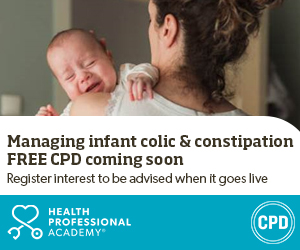The UK Covid-19 death toll hit 51,766 on Tuesday (June 9), according to a Reuters tally of official data sources that confirmed the country’s place as one of the worst hit in the world.
The Reuters tally comprises fatalities where Covid-19 was mentioned on death certificates in England, Wales and Northern Ireland up to May 29, and up to May 31 in Scotland. It also includes more recent hospital deaths.
Unlike the lower death toll published daily by the government, the death certificate figures include suspected cases.
The Covid-19 epidemic in care homes is coming under control, Health Secretary Matt Hancock said on Monday (June 8) after announcing that all remaining adult care homes would have access to testing for residents and staff.
The announcement means that working-age care homes will have access to a full Covid-19 testing service, in addition to care homes for the elderly, which had been prioritised previously.
“With all the measures that we’ve put in place over the last few months… it is clear that the epidemic in care homes is coming under control,” Hancock said at a daily news conference, citing a fall in the number of new care homes reporting an outbreak in latest weekly figures.
“Even those care homes where there are cases have very strong infection control procedures in place,” he added.
Meanwhile, British drugmaker AstraZeneca on Tuesday said it expects to move two Covid-19 antibody based therapies it has licensed from US researchers into clinical studies in the next two months as it ramps up efforts to help combat the pandemic.
The company, which has a potential coronavirus vaccine in its pipeline, said it has agreed terms with the Defense Advanced Research Projects Agency and the Biomedical Advanced Research and Development Authority to back its project to develop a monoclonal antibody treatment against the virus.
(Reuters)








